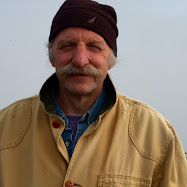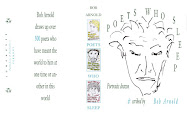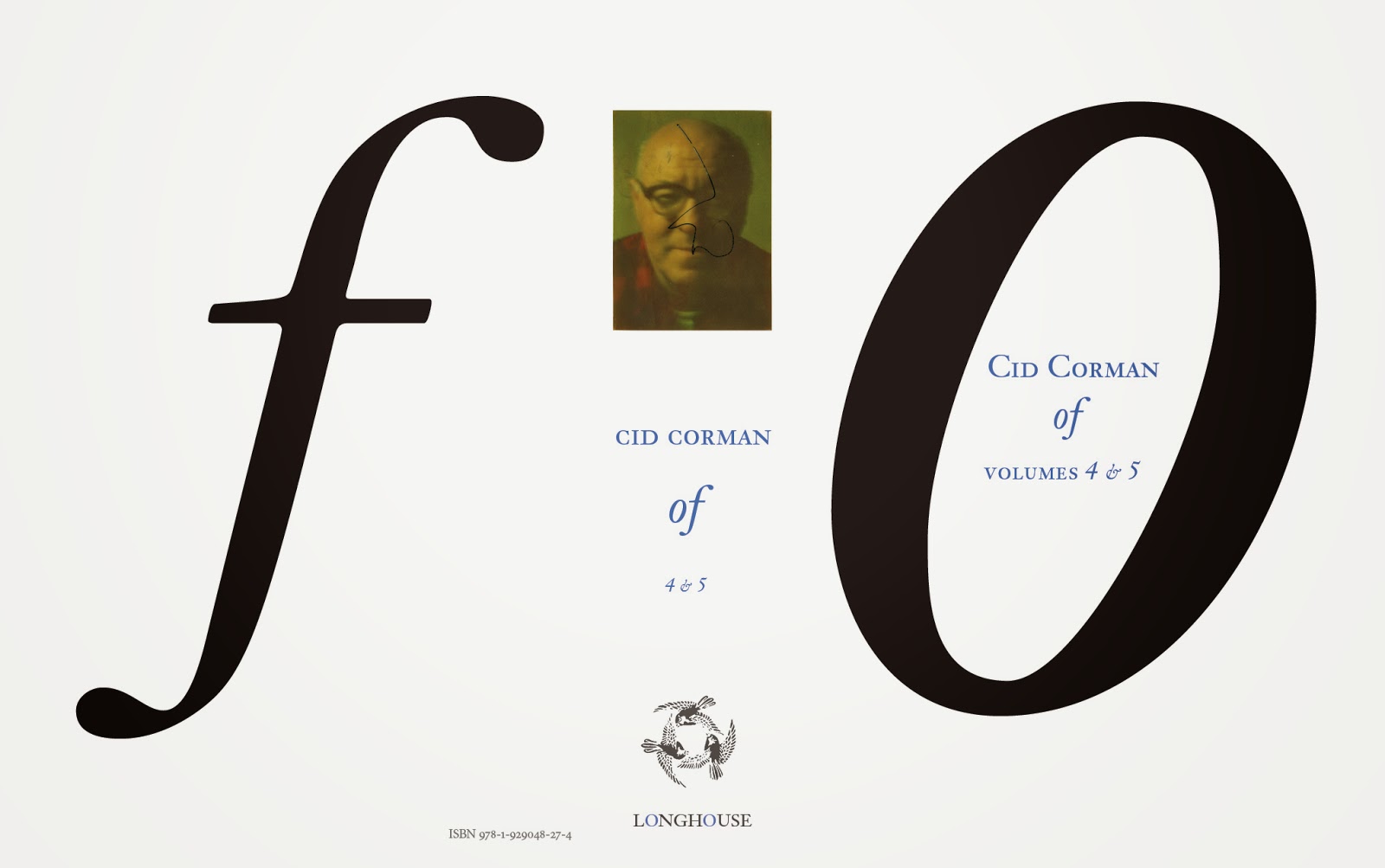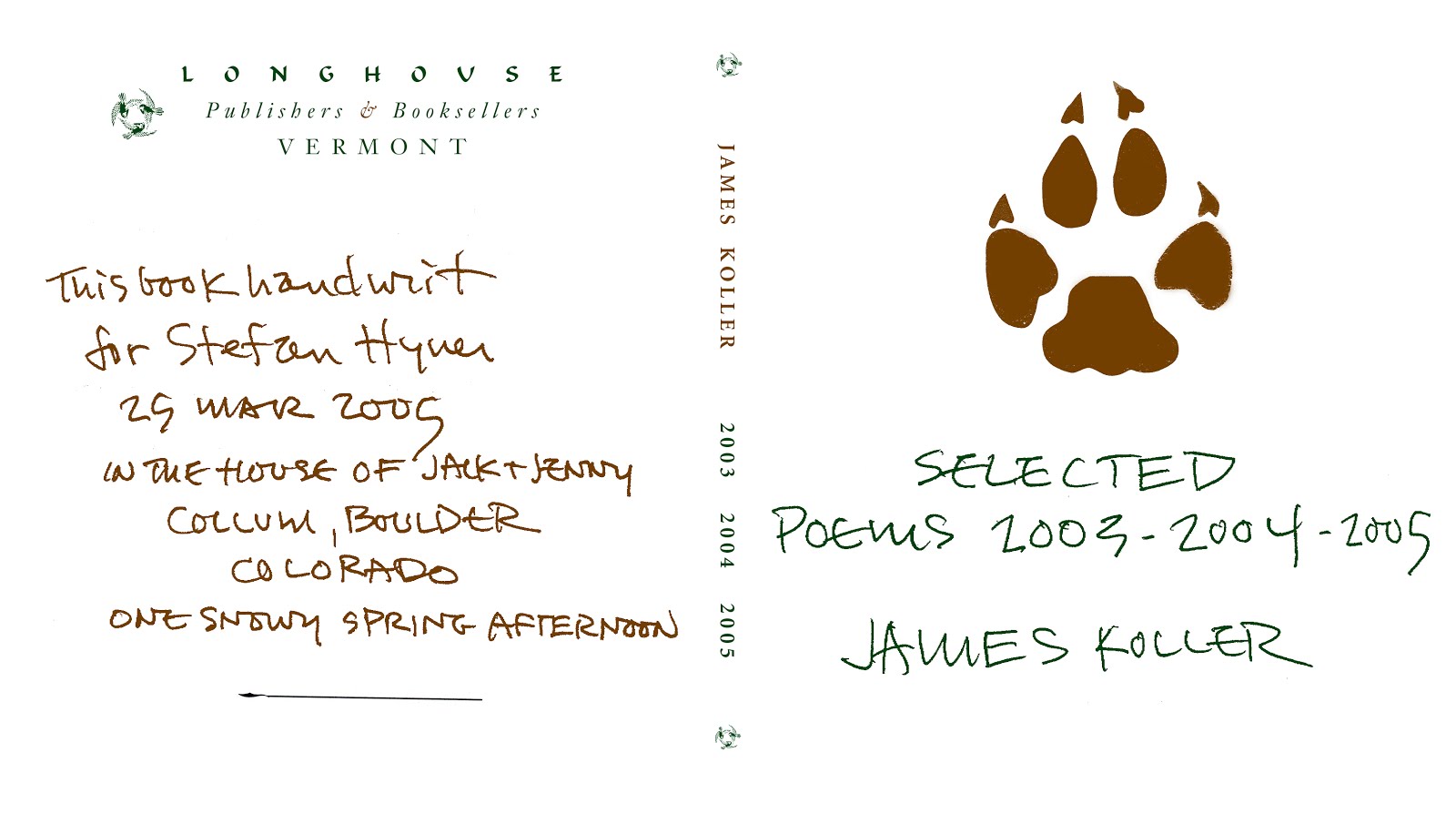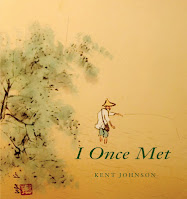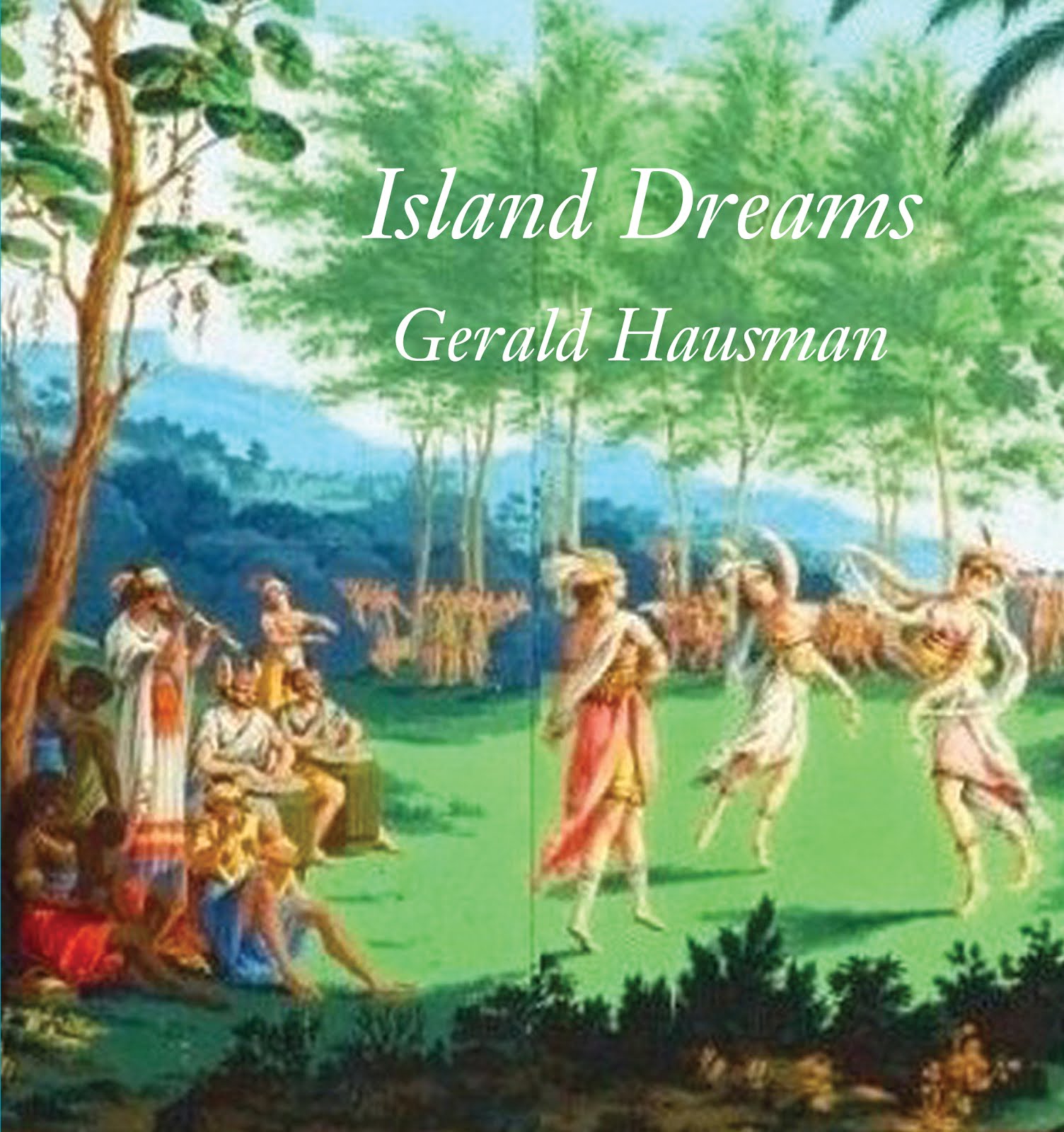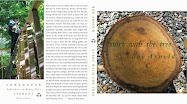skip to main |
skip to sidebar
TOUCHED ~
I came up from a nap in the evening, 5 degrees and Orion clear as bell over the woods river, and began to read this piece in the Dec 13, 2010 The New Yorker by Joyce Carol Oates. The last book I read by her was many years ago, the thin one on boxing. A pretty good one. The New Yorker for too many years now has engulfed itself with frantic, scare issue pieces on dying, modern medicine, doctoring or not, one misery after another.
This one is a love story and its loss. It's also a woman's piece, beautifully done.
I would read it.
"A Widow's Story", the New Yorker, page 70. Dec. 13, 2010

photo: Joyce Carol Oates and Raymond Smith by Bernard Gotfryd
CZECH III ~ Milan Kundera
Milan Kundera~ EXILE AS LIBERATION ACCORDING TO VERA LINHARTOVA ~
In the 1960s Vera Linhartova was one of the most admired writers in Czechoslovakia, the poetess of a prose that was meditative, hermetic, beyond category. Having left the country for Paris after 1968, she began to write and publish in French. Known for her solitary nature, she astonished all her friends when, in the early 1990s, she accepted the invitation of the French Institute of Prague and, on the occasion of a colloquium on the issue of exile, she delivered a paper. I have never read anything on the subject more nonconformist and more clearsighted.
The second half of the past century has made everyone extremely sensitive to the fate of people forced out of their own homelands. This compassionate sensitivity has befogged the problem of exile with a tear-stained moralism, and obscured the actual nature of life for the exile, who according to Linhartova has often managed to transform his banishment into a liberating launch "toward another place, an elsewhere, by definition unknown and open to all sorts of possibilities." Of course she is right a thousand times over! Otherwise how are we to understand the fact that after the end of Communism, almost none of the great emigre artists hurried back to their home countries? Why was that? Did the end of Communism not spur them to celebrate the "Great Return" in their native lands? And even if, despite the disappointment of their audience, that return was not what they wanted, wasn't it their moral obligation? Said Linhartova: "The writer is above all a free person, and the obligation to preserve his independence against all constraints comes before any other consideration. And I mean not only the insane constraints imposed by an abusive political power, but the restrictions—all the harder to evade because they are well-intentioned—that cite a sense of duty to one's country." In fact people chew over cliches about human rights, and at the same time persist in considering the individual to be the property of his nation.
She goes further still: "So I chose the place where I wanted to live, but I have also chosen the language I wanted to speak." People will protest: sure, a writer is a free person, but is he not the custodian of his language? Isn't that the very meaning of a writer's mission? Linhartova: "It is often asserted that a writer has less freedom of movement than anyone else, for he remains bound to his language by an indissoluble tie. I believe this is another of those myths that serve as excuse for timid folks." For: "The writer is not a prisoner of any one language." A great liberating sentence. Only the brevity of life keeps a writer from drawing all the conclusions from this invitation to freedom.
Linhartova: "My sympathies lie with the nomads, I haven't the soul of a sedentary myself. So I am now entitled to say that my own exile has fulfilled what was always my dearest wish: to live elsewhere." When Linhartova writes in French, is she still a Czech writer? No. Does she become a French writer? No, not that either. She is elsewhere. Elsewhere as Chopin was in his time, elsewhere as, later, each in his own fashion, were Nabokov, Beckett, Stravinsky, Gombrowicz. Of course each of them lived his exile in his own inimitable way, and Linhartova's experience is an extreme case. Yet after her radical, luminous declaration, we can no longer speak of exile as we have done up till now.Milan Kundera

Vera Linhartova







